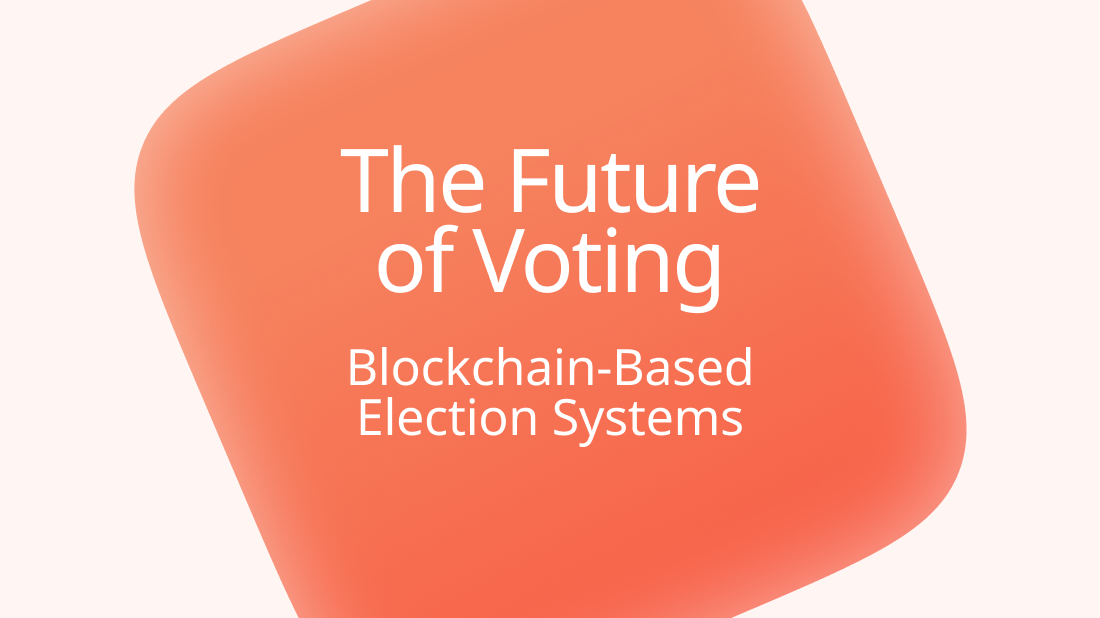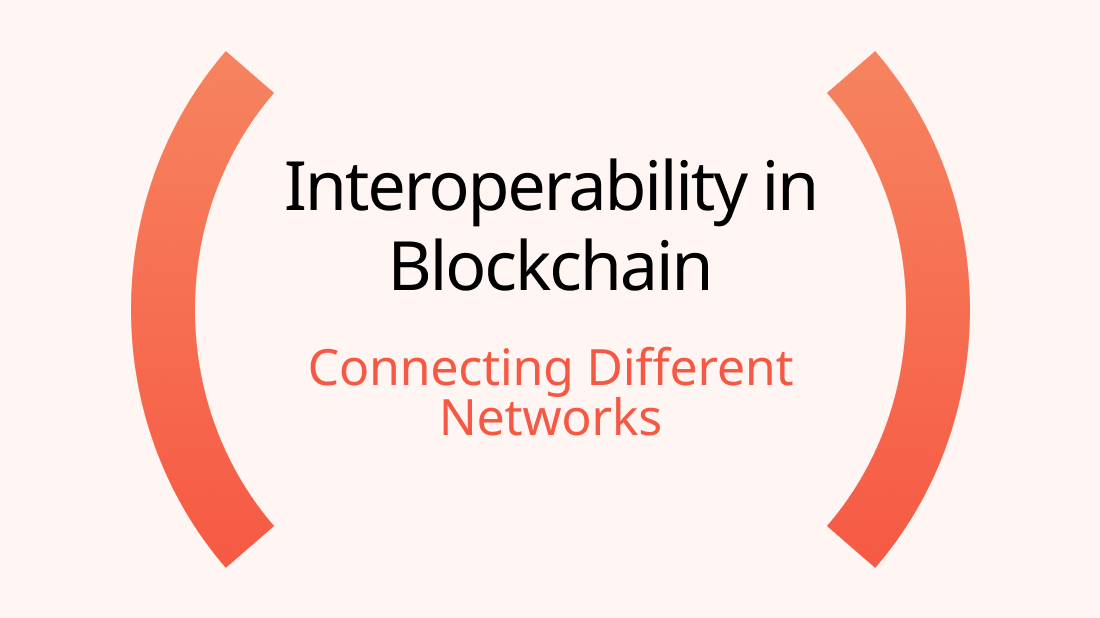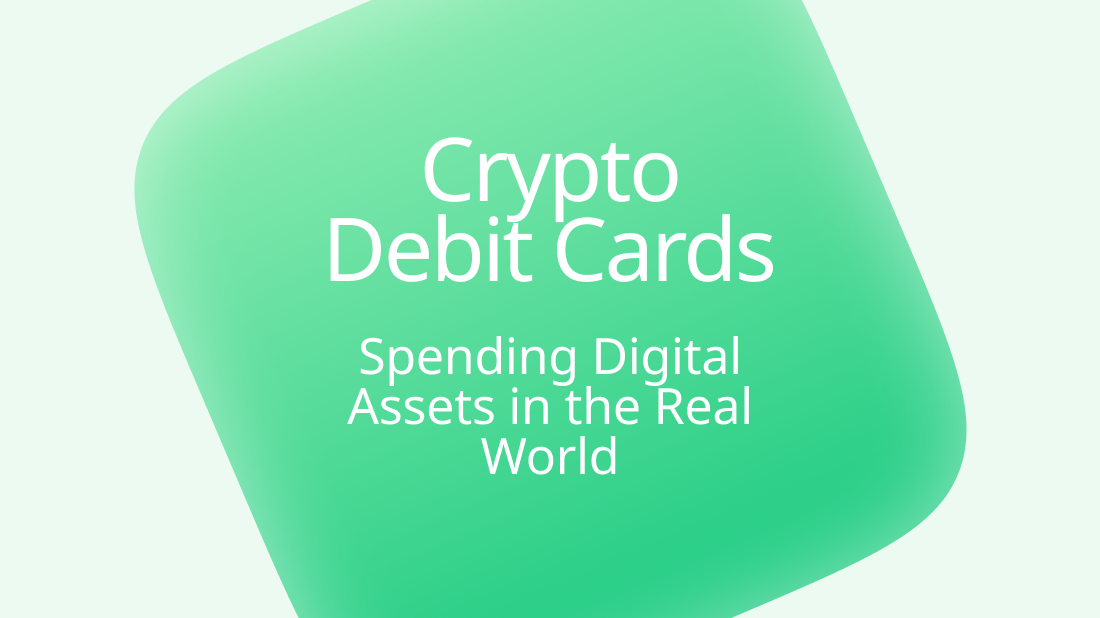The Future of Voting: Blockchain-Based Election Systems

In an era where technology continues to reshape every aspect of our lives, the way we conduct elections remains a critical focal point for innovation. The potential of blockchain technology to revolutionize voting systems promises to enhance security, transparency, and trust in democratic processes. This article explores how blockchain can be employed to create secure, transparent, and tamper-proof voting systems, fundamentally reshaping the future of voting technology.
Understanding Blockchain Voting
What is Blockchain?
At its core, blockchain is a decentralized digital ledger that records transactions across multiple computers in a manner that ensures data integrity and security. Each block in the chain contains a list of transactions and is cryptographically linked to the previous block, making it nearly impossible to alter any information without altering all subsequent blocks.
Blockchain Voting: An Overview
Blockchain voting leverages this technology to create a secure and transparent voting system. In such a system, each vote is recorded as a transaction on the blockchain. This method ensures that votes are immutable, verifiable, and auditable, addressing many of the vulnerabilities present in traditional voting systems.
Key Features of Blockchain Election Systems
Security
One of the primary advantages of blockchain voting is enhanced security. Traditional voting systems are susceptible to various forms of manipulation, including hacking and tampering. Blockchain's decentralized nature and cryptographic security make it exceedingly difficult for any single entity to alter votes without detection. Each vote is encrypted and securely recorded, ensuring that only authorized voters can cast ballots and that those ballots remain unchanged.
Transparency
Transparency is another significant benefit of blockchain election systems. In a blockchain voting system, every transaction (vote) is recorded on a public ledger. This transparency allows anyone to verify the results independently, fostering trust in the electoral process. Voters can confirm that their votes were counted correctly without revealing their choices, ensuring both transparency and voter privacy.
Tamper-Proof Records
Blockchain's immutable nature ensures that once a vote is recorded, it cannot be altered or deleted. This immutability is crucial for preventing election fraud and ensuring the integrity of the voting process. Any attempt to tamper with the blockchain would require altering every subsequent block, an effort that is computationally impractical and easily detectable.
Real-World Applications and Pilot Programs
Several countries and organizations have already begun exploring and implementing blockchain-based voting systems.
Estonia
Estonia, a pioneer in digital governance, has integrated blockchain technology into its national voting system. The country uses blockchain to secure its digital ID infrastructure, which voters use to cast ballots online. Estonia's success demonstrates the feasibility of blockchain voting at a national level.
West Virginia, USA
In the United States, West Virginia conducted a pilot program using blockchain voting for military personnel stationed overseas. The initiative aimed to provide a secure and convenient way for service members to participate in elections. The pilot was considered successful and highlighted blockchain's potential to improve voter accessibility and security.
Swiss Towns
Several Swiss municipalities have also experimented with blockchain voting. For example, the town of Zug, known as "Crypto Valley," conducted a blockchain-based municipal vote. The trial included both the technical implementation and an assessment of voter satisfaction, indicating promising results for future use.
Challenges and Considerations
Technical Challenges
While blockchain voting offers many advantages, it also faces significant technical challenges. Ensuring the scalability of blockchain to handle large-scale national elections is a primary concern. Additionally, the need for robust cybersecurity measures to protect the voting infrastructure from attacks is crucial.
Voter Accessibility
Another challenge is ensuring that blockchain voting systems are accessible to all voters, including those with limited technical proficiency. User-friendly interfaces and comprehensive voter education programs are essential to ensure broad participation.
Legal and Regulatory Issues
Implementing blockchain voting requires navigating complex legal and regulatory landscapes. Policymakers must establish clear guidelines and regulations to ensure the legality and legitimacy of blockchain-based elections.
Privacy Concerns
While blockchain provides transparency, it must also balance voter privacy. Solutions such as zero-knowledge proofs and encrypted voting can help maintain voter anonymity while ensuring vote integrity.
The Path Forward: Opportunities and Innovations
Enhancing Voter Confidence
By providing a secure and transparent voting system, blockchain technology has the potential to enhance voter confidence in the electoral process. Increased trust can lead to higher voter turnout and more robust democratic participation.
Expanding Access to Voting
Blockchain voting can make elections more accessible, particularly for remote or disenfranchised populations. Mobile and online voting options can enable broader participation, ensuring that every eligible voter has the opportunity to cast their ballot.
Streamlining Election Administration
Blockchain technology can streamline various aspects of election administration, from voter registration to vote counting and result verification. Automating these processes can reduce the risk of human error and increase the efficiency of election management.
Conclusion
The future of voting technology lies in the integration of blockchain-based election systems. By providing secure, transparent, and tamper-proof voting mechanisms, blockchain can fundamentally reshape democratic processes and restore trust in elections. While challenges remain, ongoing innovations and pilot programs demonstrate the feasibility and potential of this transformative technology. As the world continues to explore and adopt blockchain solutions, the promise of secure and accessible elections for all becomes increasingly attainable.












